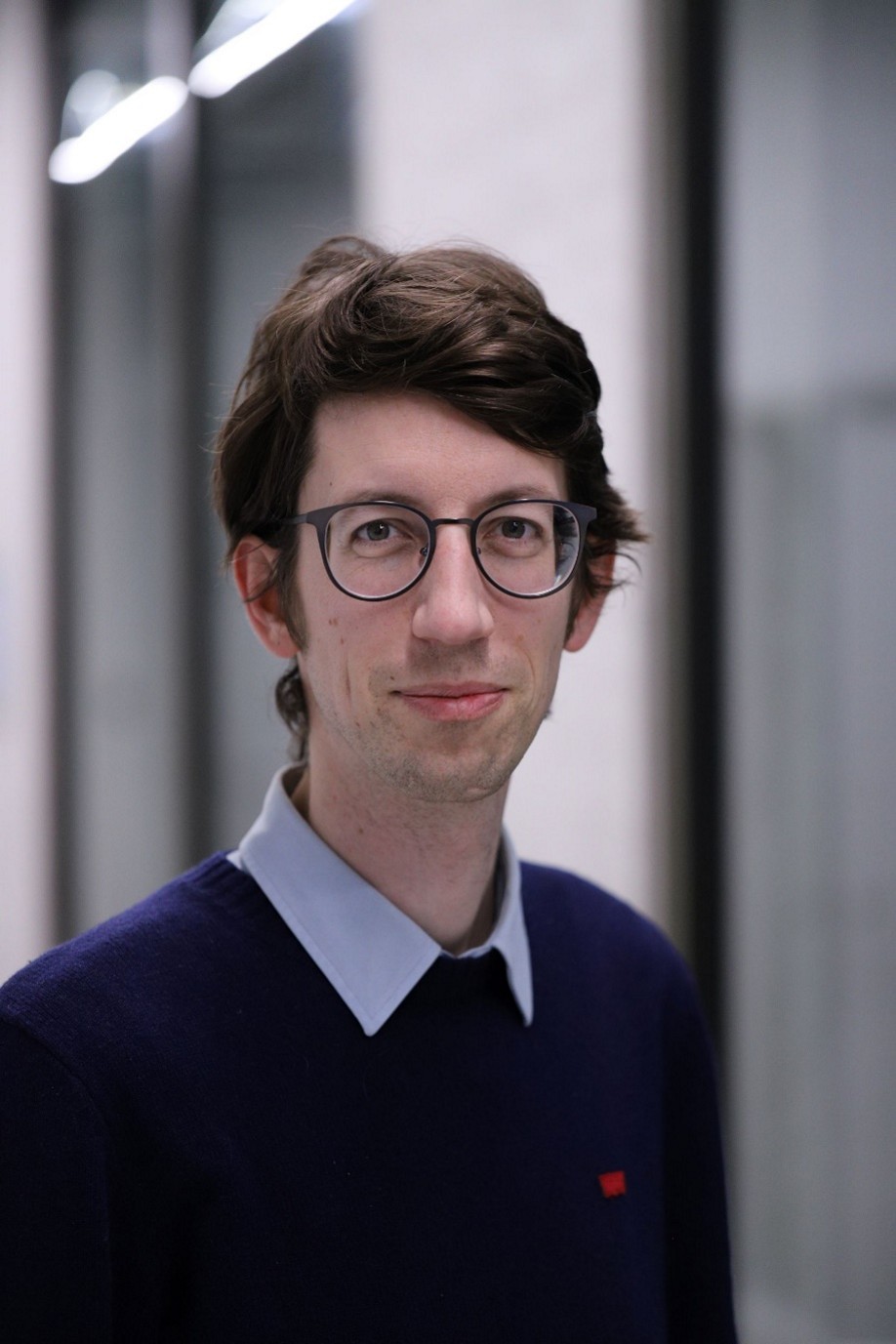Metallurgical Workshop: Evolving Flowsheets in Lead-Acid and Lithium-ion Battery Recycling
Recycling deals with man-made material combinations, which means that an optimal process can look very different from primary metallurgy. This is especially true for battery recycling. The metallurgical theory framework is still very useful to understand the process and the challenges specific to recycling. In lead-acid battery recycling for example, dealing with sulfates as opposed to sulfides requires heat input and reduction. Also, the specific slag systems (or mattes) used in secondary smelters are surprisingly flexible, leading to very different operational practices, some surely suboptimal. Carbothermic reduction could in principle be replaced by hydrogen in the future. Apart from mechanical separation, hydrometallurgy (e.g. desulfurisation) complements these pyro processes well. Alternative, fully hydrometallurgical processes aim at a lower environmental impact. These processes use leaching and electrowinning or direct electrolysis, and could therefore use electricity as a reductant. Still, scale up results are needed to make a proper comparison. The same pyro-hydro debate is also active in the quickly growing lithium battery recycling industry. The solubility of Li, as compared to Pb, makes an entirely hydrometallurgical flowsheet more viable. Also, Li does not need to be reduced to metal but is rather purified and crystallised as a salt. Nevertheless, also for Li, a case can be made for flowsheets combining the robustness of pyro and the specificity of hydro.
Presenters
Primary Speakers
